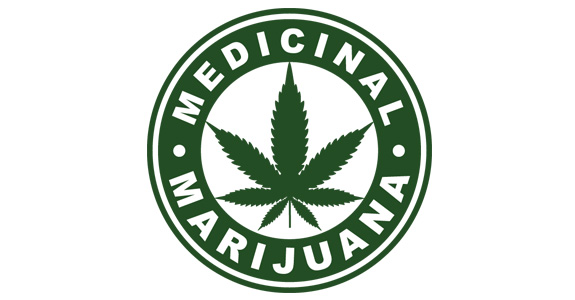POSITION PAPER – CANNABIS

Port Louis 18th of May 2018
We refer to the latest PNQ and the position of the Dr. Musango[1] from the World Health Organisation (WHO, Mauritius Office ) in our local media on medical cannabis.
PILS wishes to reiterate its position, based on current international research and having worked for more than 20 years next to people living with HIV and People who Use Drugs.
Dr. Musango is right in stating that currently the WHO does not (yet) approve cannabidiol for medical use[2]. Cannabidiol is a compound in cannabis plant which does not have intoxicating effects and is often referred as CBD. Medical experts from WHO however conclude that in its pure state, CBD does not appear to have abuse potential or cause harm and announced that they considered that CBD is safe enough to be removed from the scheduled drugs list[3]. The WHO experts will provide a fuller review of CBD and its extract, a report that is expected for June 2018.
Around the world, change in laws around cannabis has been accelerating and countries have changed their laws to regulate access to medical cannabis to their citizens.Cannabis-based medicines are used for wide range of illnesses including weight loss, depression, nausea caused by HIV medications, multiple sclerosis, epilepsy, side effects of chemotherapy, chronic pain and glaucoma. Further investigation is being done for the use of medical cannabis to solve the opioid crisis and support patients living with Parkinson’s. Countries like Singapore and Thailand are now investing into research on medical cannabis and treatments are already licensed in other countries. For instance, in the UK, cannabis-based Epidiolex is on the road of being FDA-approved for treatment of epilepsy[4].
The European Medicines Agency has approved cannabis-based medicines under the brand name Sativex, Bedrocan, Marinol and Cesamet-and Sativex has even been approved as treatment for symptoms of multiple sclerosis in 18 European countries[5]. Healthcare workers such as the Royal College of Nursing[6] have called for medical cannabis to be legalised while the Royal College of Physicians have called cannabis to be legalised.
In the African continent, Lesotho and Zimbabwe are now producing medical cannabis while the South African government has already published guidelines for medical cannabis, paving the way for legal licenses[7].
The position of WHO on decriminalisation of drugs cannot be clearer: in 2014[8] and 2017[9] the WHO has called for countries to decriminalise drug injection and drug use.
This position has also been adopted by UNDP[10], UNAIDS Human Rights Watch[11], International Federation of Red Cross[12] and Red Crescent Societies (IFRC)[13] and while UN organisations like UNICEF have also explained how drug criminalisation can negatively impact on young people[14]. They have recognised that drug use is a public health issue and not a criminal issue and that criminalisation prevents the development of supportive policies to help people who use drugs.
PILS believe that our current drug laws have been ineffectively tackling the drug problem: currently used indicators on the consequences of our drug policies (Dangerous Drug Act) are not based on public health, perceived security and criminality rates and access to human rights. Our authorities have focused solely on indicators linked to drug arrests and amount of drug seized. Access to HIV prevention in prison is still limited while we have a high rate of recidivism of 68% in 2015 and 2016[15].
In Mauritius, we believe that, on a humanitarian basis, authorities should facilitate access to and research on medical cannabis. Currently, it is challenging for clinical researchers to obtain legal supplies and to research on the medical benefits on cannabis for patients. We believe that patients should be given the choice of symptomatic treatments as well as alternatives to manage symptoms of conditions like cancer, HIV and epilepsy with a plant well known since centuries and that have never killed anyone.
PILS stand next to all patients, parents, health workers and families who advocate for the choice of treatment and access to medical cannabis as an alternative therapy.